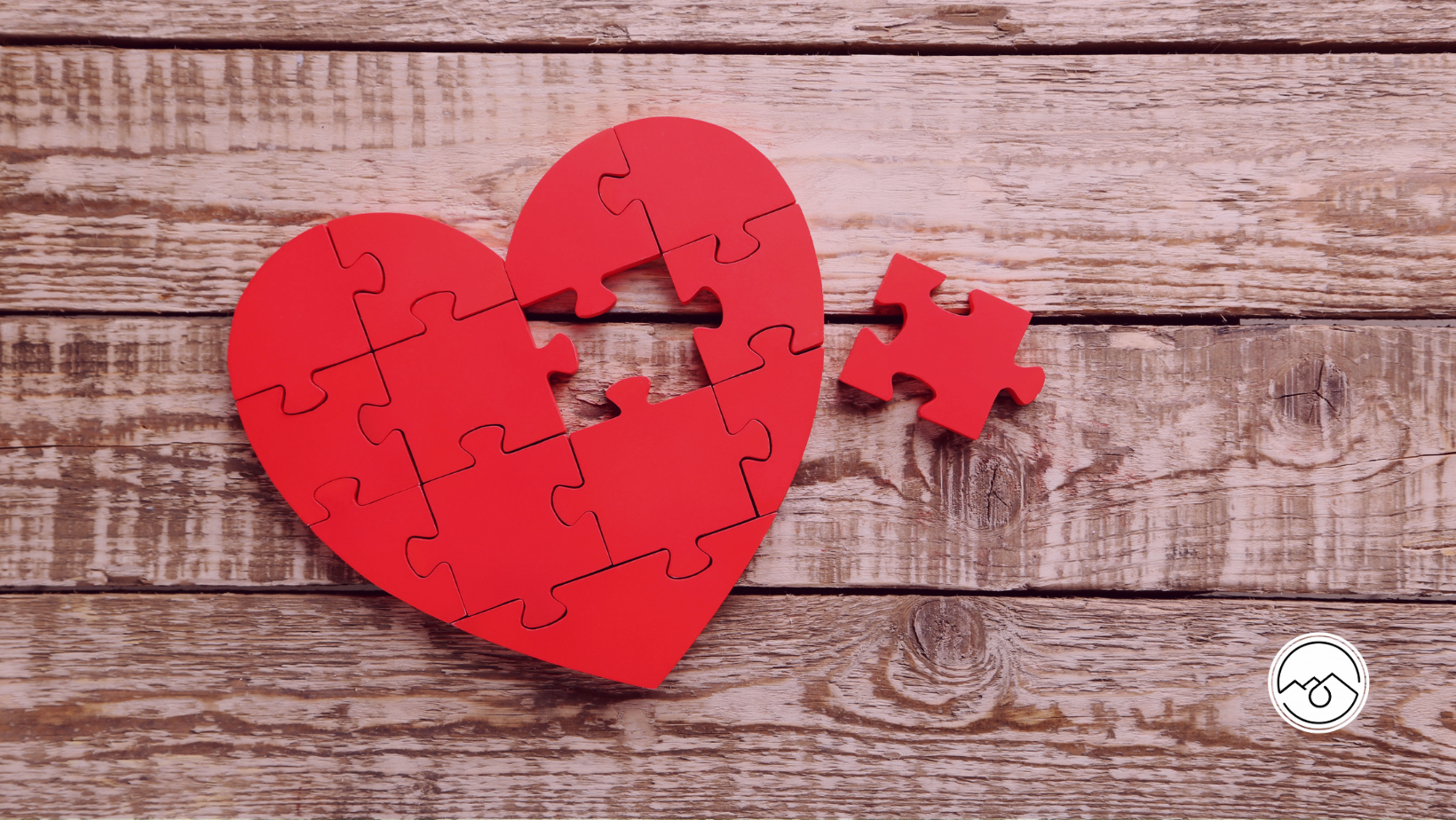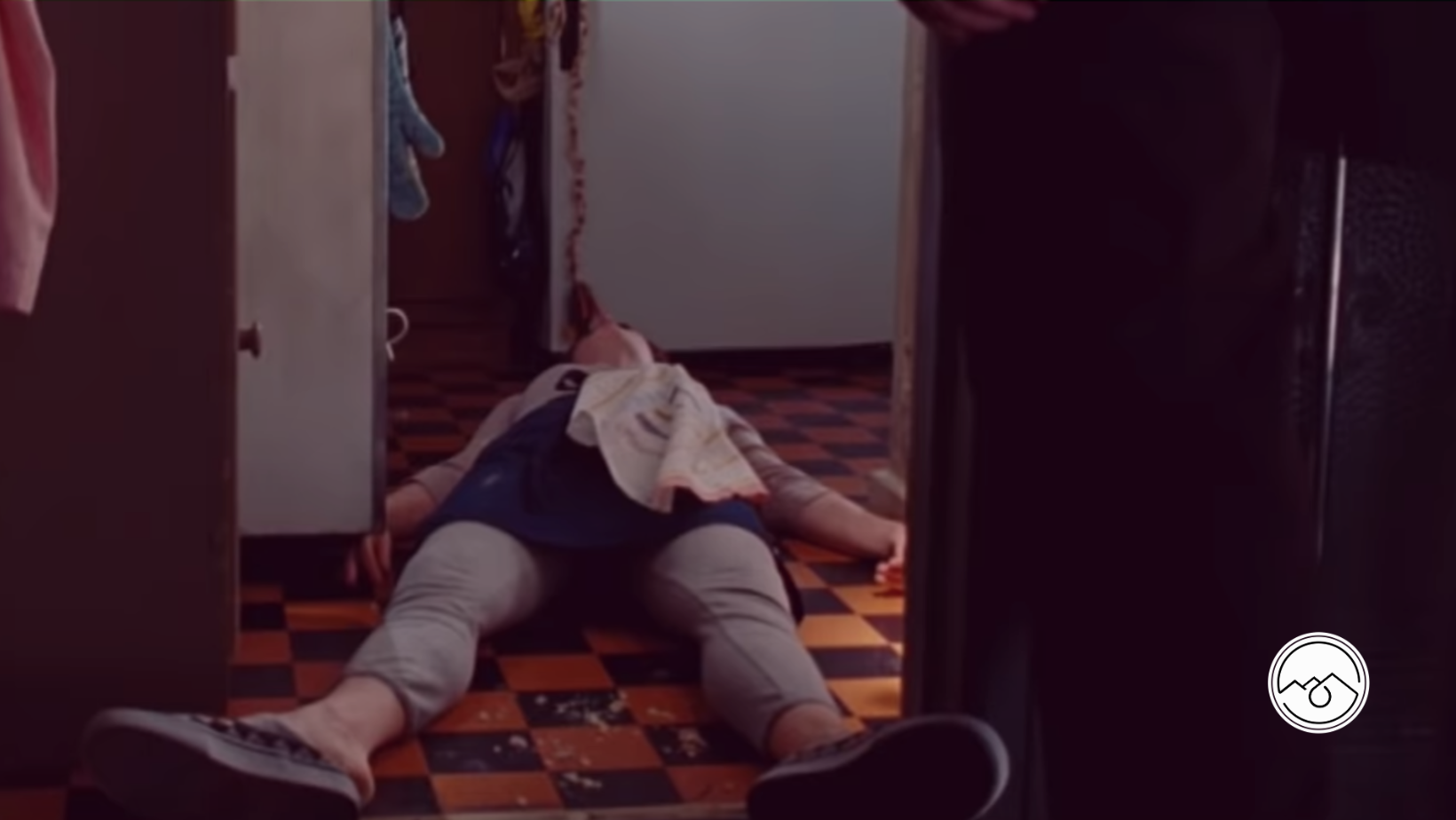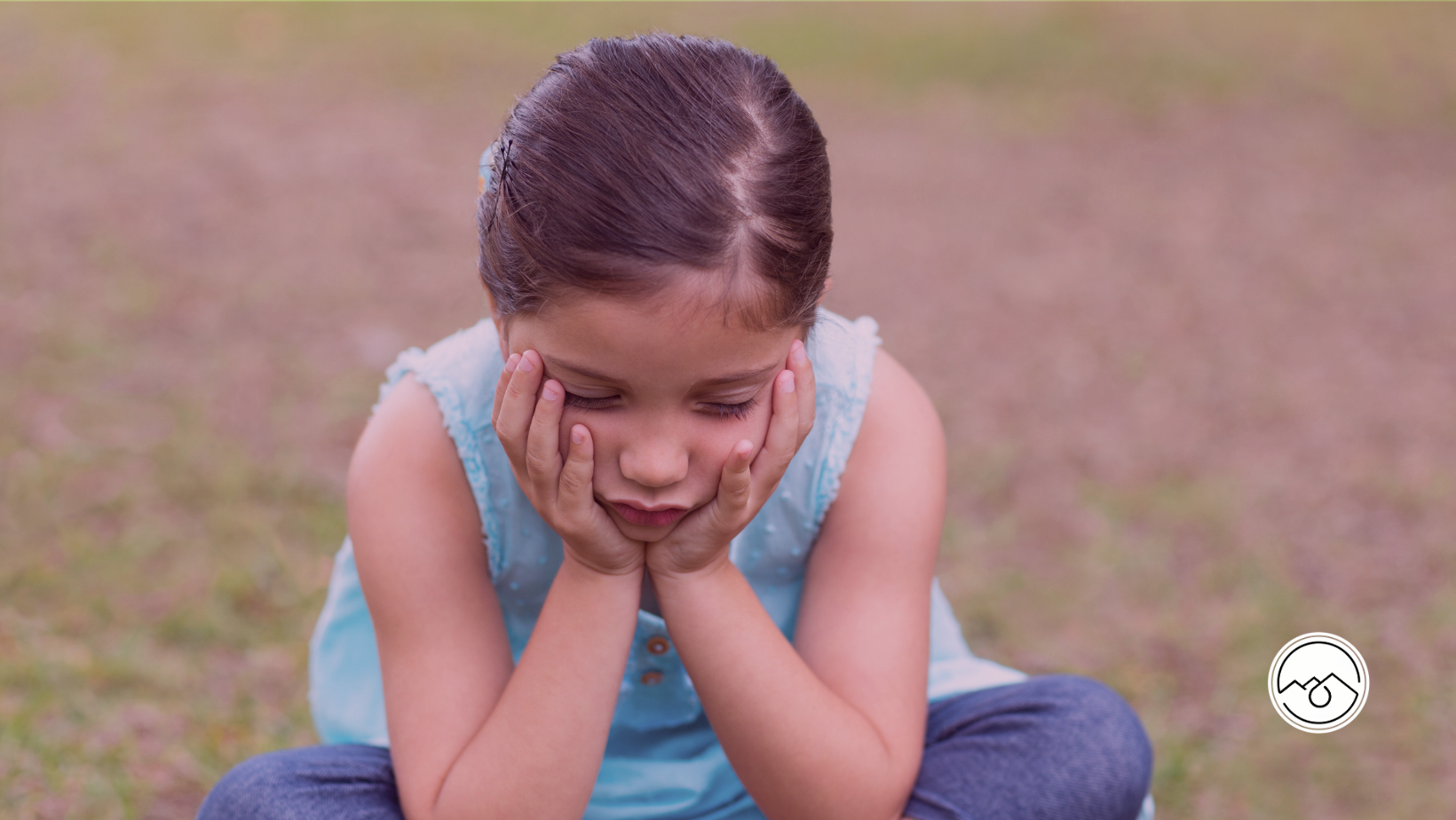Blog Post #22
Fear of Abandonment -
An Addiction You Can Conquer
The Fear of Abandonment: An Emotional Addiction
The fear of abandonment isn’t just an emotional hurdle—it can become an addiction. And when it’s a cycle of fear, it’s an addiction to a problem that doesn't actually exist.
For years, I had no clue what triggered me.
Now, at 56, I’m finally learning how to identify the triggers and catch myself in the act of being triggered. Let me tell you—there’s nothing more exhausting than the trauma cycle of abandonment. It’s mentally and emotionally draining. And for those of you who are walking this path, it can feel like you're spiraling with no way out.
The Immediate Trigger of Fear
When the fear of abandonment hits, it’s like a sudden shift. You go from feeling secure to feeling completely out of control. Love disappears, and everything that was certain feels uncertain. Faith and trust vanish. You immediately begin to grasp for something, anything, to stop the perceived threat of abandonment.
You start controlling people, situations, and outcomes to prevent the thing you fear most. This is where the addiction begins: using control and manipulation to keep abandonment at bay. But this is a false belief—it’s an illusion created by past emotional wounds.
The Root Cause: Early Life Conditioning
This addiction to the fear of abandonment likely started when you were very young. Before you had the emotional tools to process what was happening around you, you experienced emotional neglect or abandonment, even if you couldn’t name it then. Maybe it wasn’t physical abandonment, but emotional unavailability that left you feeling invisible or unloved.
As children, we don’t know how to process our parents’ emotions. So, if our caregivers were upset, angry, or distant, we internalized it. We thought it was our fault. We believed that we were the problem, and if we could just fix it—if we could make them happy—then everything would be okay.
This trauma from early childhood sets the stage for the fear of abandonment to become an overwhelming part of our lives. We internalize the belief that we have to do everything to be loved and validated by others.
Emotional Incest: Role Reversal in Childhood
Sometimes, this fear stems from emotional incest, where children are expected to take on adult responsibilities. If you had a parent who was emotionally immature or incapable of meeting your needs, you may have been forced to step into an adult role, acting as the emotional caretaker for your parents or siblings. This leads to deep-seated feelings that you must always keep others happy, even at the expense of your own well-being.
In situations like this, it’s common to carry a belief that you are responsible for others’ happiness. As an adult, you may still be trying to fix everyone around you, believing that if you don’t, you will be abandoned, rejected, or unloved.
The Cycle of Fear and Control
This fear of abandonment leads to controlling behaviors. In relationships, you might find yourself over-accommodating, doing whatever it takes to make the other person happy, even if it means losing yourself in the process.
The cycle goes like this: you fear abandonment, so you manipulate situations to keep people close. But the more you try to hold on, the more they pull away because you're coming from a place of fear, not love. This creates an emotional rollercoaster, and you start to feel like you’re on a hamster wheel of disappointment, frustration, and emotional exhaustion.
Breaking the Addiction
Breaking this addiction starts with recognizing that the fear of abandonment is not based in reality. It’s based on old emotional conditioning that no longer serves you. To begin the healing process, here are a few key steps:
- Sit with Yourself: Begin by getting quiet. When I was struggling with this fear, I had to sit down in the stillness of my home and acknowledge the overwhelming grief and pain I felt. This was my life, and it was unraveling—but it was also the point where I began to reclaim my life. Sitting with yourself, even in the discomfort, helps you realize that you are not going to die from your emotions. You can survive these feelings.
- Cut the Clutter:
Start by clearing the emotional clutter of your past. If you had a family dynamic where love was withheld or conditional, it’s time to let go of the idea that you need to earn love. You are already worthy of love just as you are. Stop believing the stories you were told as a child—that you’re not good enough or lovable enough. These are false beliefs. The truth is, you are worthy of love without having to prove anything.
- Set Healthy Boundaries:
As you start clearing the clutter, set boundaries—and this is a crucial part of healing. Boundaries are not about keeping people out; they’re about protecting your own emotional health. You need to give yourself permission to walk away from unhealthy relationships, and that includes family members who continue to perpetuate these old stories of unworthiness. Boundaries provide clarity and space for you to heal.
- Self-Acceptance: You can’t overcome the fear of abandonment if you’re still in the habit of abandoning yourself. Stop looking to others for validation, and start validating yourself. Be your own source of love, support, and affirmation. Self-acceptance is the antidote to self-abandonment. When you start accepting and loving yourself, you’ll stop allowing others’ judgments or actions to control your emotional state.
- Challenge the Fear:
Finally, when the fear of abandonment hits, challenge it. Ask yourself: Is this fear real? What evidence do I have that supports the idea that I will be abandoned? Most of the time, the fear is based on past trauma, not current reality. The more you challenge your thoughts, the more you can begin to break free from the cycle of fear and control.
The Freedom of Self-Support
Here’s the truth: The fear of abandonment can be conquered. But it starts with you. You have to give yourself the self-support you’ve been seeking from others. You need to be your own emotional anchor.
This journey is about reclaiming your emotional health and saying no to the toxic cycles that have kept you stuck. You have the power to stop living in fear and start living in alignment with your true self—the self who is whole, lovable, and worthy, regardless of anyone else’s approval.
Conclusion: Freedom is Your Birthright
Once you start setting boundaries, challenging your fears, and embracing self-love, you will begin to break free from the addiction to fear and abandonment. You’ll stop trying to manipulate situations and relationships, and instead, you’ll align with your true worth. The fear will lose its grip, and you’ll experience true emotional freedom.
Remember, you are worthy of love and respect just as you are—and the only approval you need is your own.
If you’re struggling with this, don’t hesitate to reach out. I’m here to help. You can email me at teresafordcoaching@gmail.com.
Let’s break this cycle of fear and start living in true emotional freedom.
Note: You can access the full blog content in audio versions on Spotify and YouTube. Happy listening! 🎧
#stressrelease #traumarelease #stressrelief #somatichealing #nervoussysemhealing #nervoussystemhealth #traumainformed #emotion #nervoussystemhealing #overwhelmed #exhausted #restless #anxiety #anxietytips #depression #depressionsolutions












